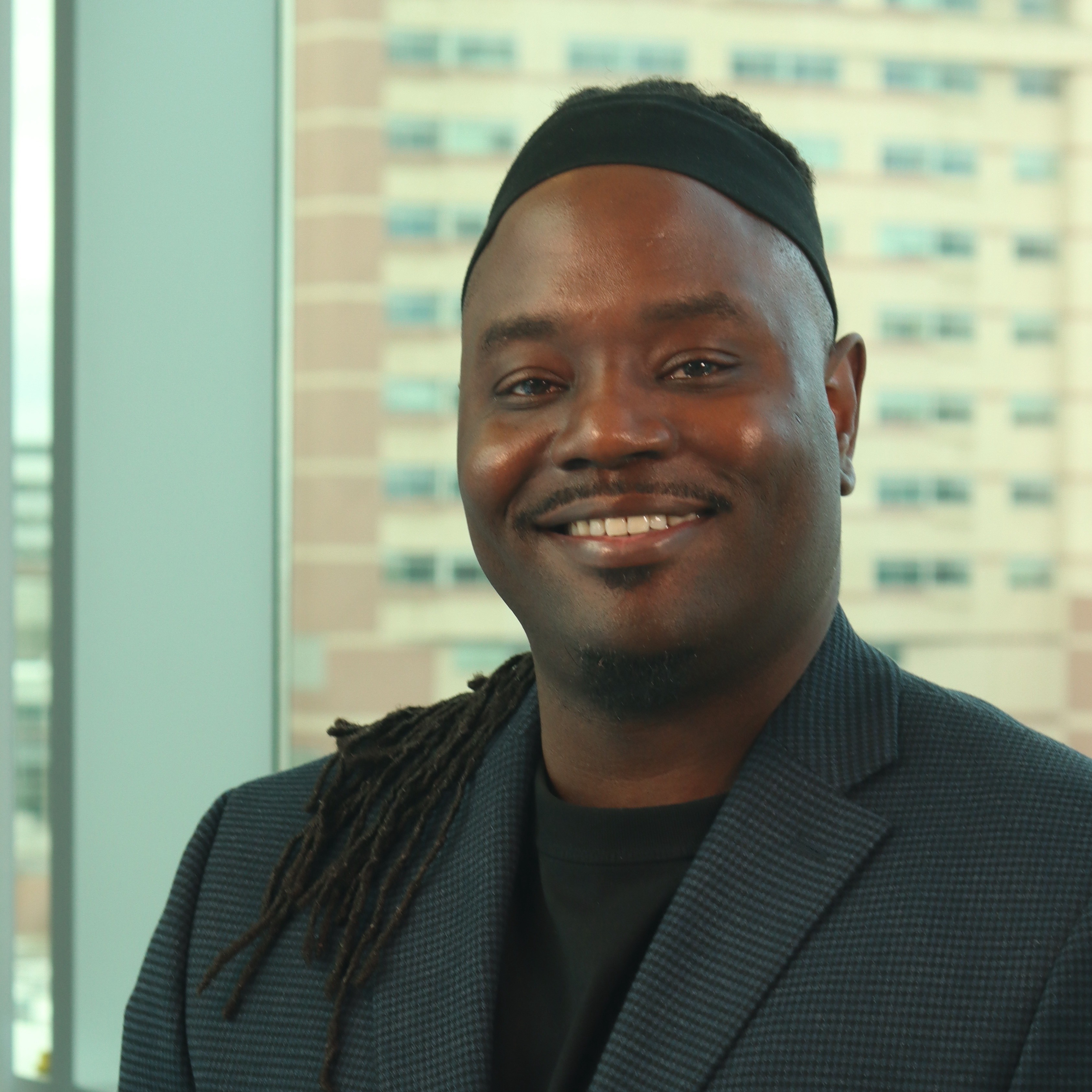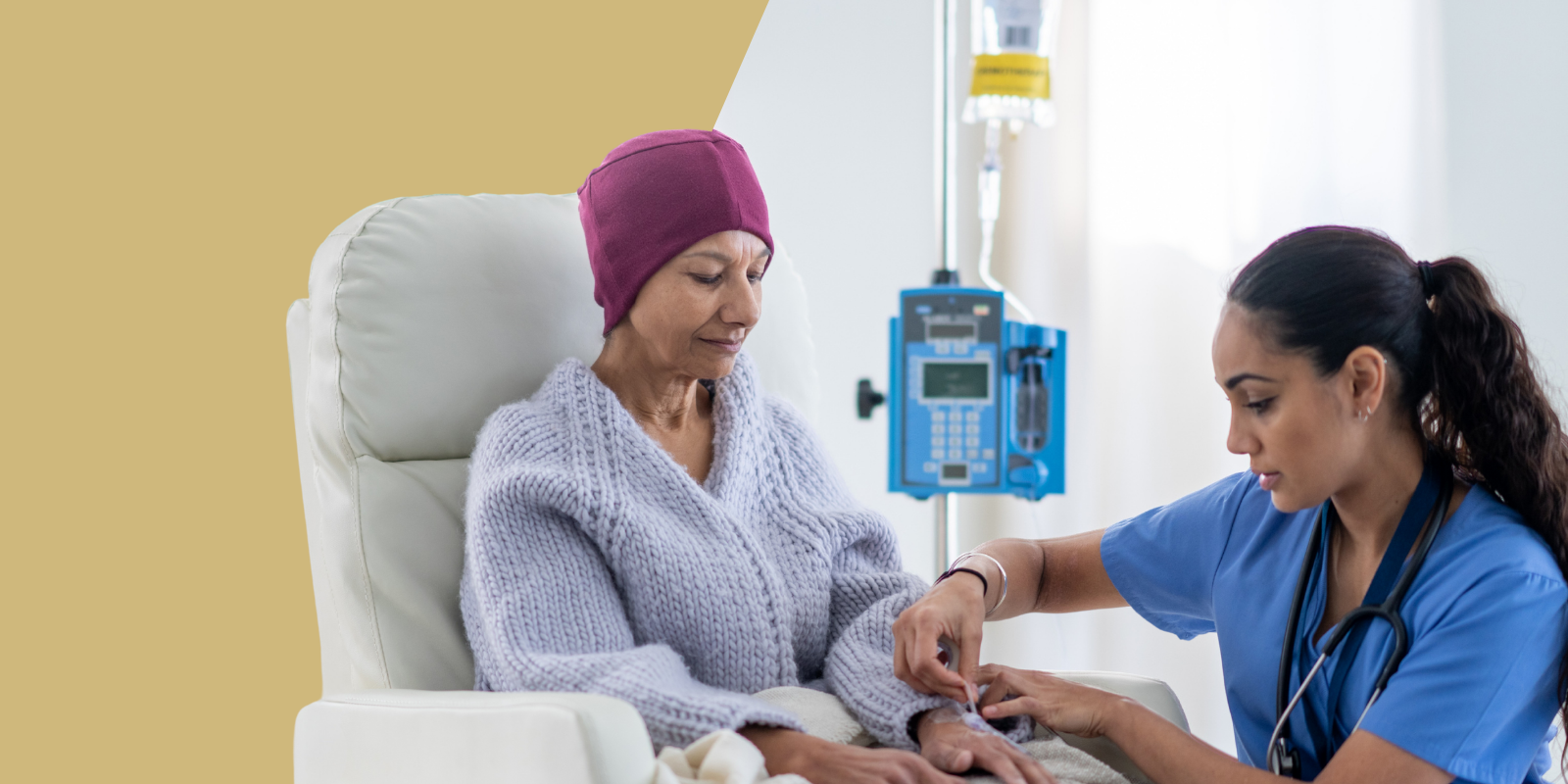What changes have helped in the decline in cancer death rates among Black people?
The most instrumental change is increased screening in African American and underserved communities. Having active campaigns that target cancers that have been more problematic in the Black community, meaning those that have led to higher mortality rates, significantly started to change the landscape of not only how those cancers present, but how quickly we can start treating patients. The earlier after disease presentation, the better.
→ Learn about when you should be screened for all types of cancer.
The other initiative that has helped decrease cancer incidence and death rates is the scientific community acknowledging the trauma associated from historical biomedical attacks and prejudices toward Black patients. Having honest conversations around these topics, instead of trying to bury or rewrite history, was the first step toward healing and rebuilding trust between the medical and Black communities. This has been a slow process (and rightfully so); however, I think the trust is starting to be regained. Having open and candid dialogue around these topics has been very beneficial in improving the trust that has been historically broken between the Black community and the health care system.
What actions need to be taken to continue to further see this decrease in deaths?
There are five areas we should continue to focus on when continuing our pursuit of decreasing cancer-related death rates in the Black community. The first is to stay aggressive with screening. However, we have to be mindful that we cannot ask people to always come to our medical institutions for screenings; we need to go to the communities, churches, beauty salons, fairs, schools, etc., located in areas that are the most impacted by cancer.
The second is to increase clinical trial enrollments of Black patients with cancer. It is accepted in the science community that most of the approved therapies for cancer were designed using metabolic, biological, and physiological data from white patients, because white patients are the predominant group that enroll in clinical trials.
The third point goes back to that historical piece, making sure that clinical trials are led, or that part of the management team running the clinical trial is comprised of physicians, physician-scientists, and scientists from Black communities. The ability of patients to “see themselves” in their health care providers is important in establishing trust in the clinical trial process. It may increase adherence to protocols, and the positive experiences could increase enrollment in future clinical trials based on positive messages being circulated in Black communities.
As a basic and translational scientist, I believe we should be intentional about how we conduct research and place a greater emphasis on focusing on cancer health disparities impacting Black communities. Specifically, increasing access to samples derived from Black patients with cancer will go a long way toward understanding the molecular drivers of these diseases.
Last, but certainly not least, increasing the number of Black faculty members and mentors who are available to train the next generation of biomedical leaders will have an invaluable impact on reducing cancer health disparities in the Black community. Diversity in thought and lived experiences accelerate innovation in the biomedical sciences, and novel approaches and therapies will play an instrumental role in achieving equity for Black patients with cancer.
What work is being done at the CU Cancer Center to help decrease incidence and death rates in the Black community?
I can highlight a couple of things that I find to be intriguing that are being done at the CU Cancer Center. One is its partnership with the American Cancer Society’s Diversity in Cancer Research Internship Program for college undergraduates. This program is designed to increase the representation of underrepresented and underserved scientists in the biomedical sciences by providing them with invaluable research experience.
We are also initiating programs like the Rising Stars Over the Rockies conference, which is a program conceived by our Office of Engagement, Access, and Success. This program will provide professional development and recruitment opportunities for scientists interested in pursuing a faculty position at the CU Anschutz Medical Campus and within our cancer center. Notably, this conference will benefit scientists from all backgrounds and will bring diverse talent to Colorado with the hopes that some of these individuals will be interested in joining our wonderful institution as faculty members.
In addition to these programs, several cancer center members have submitted grants focused on improving our understanding of cancer initiation and progression in Black patients, particularly pertaining to breast cancer, given the high mortality rates for Black women.
How is your research helping the Black community’s cancer death and incidence rates decrease?
My research integrates health disparities into preclinical studies of cancer, specifically blood and breast cancers. Obesity presents at the highest rates in underserved communities, including Black communities, and this state drives the progression of 18 types of cancer. Given that obesity and cancer disproportionally impact Black communities, the results from our studies will be highly impactful for Black patients with cancer.
Our work has demonstrated that obesity augments the function of leukemia and breast cancer cells while compromising the ability of T-cells to kill cancer cells. Our goal is to use the knowledge gleaned from these studies to increase the efficacy and safety of immunotherapies targeting blood and breast cancers. All communities are impacted by obesity and will benefit from our research. However, the largest benefit might be observed in Black communities, given the high obesity and cancer rates.
Prostate, breast, lung, and colorectal cancers account for 58% of all new cancers diagnosed among Black people. All have a screening option available; can you share what someone should know about screening for cancer?
The quicker you can start treatment for cancer, the more likely you are to either control or cure it. Early detection is key to success, and we should continue to aggressively get this word out.
We should also remind everyone that novel treatment options are made possible, in part, from our ability to study diverse biospecimens. Our ability to conduct research on these samples is invaluable and could lead to the next breakthrough for Black patients with cancer.





